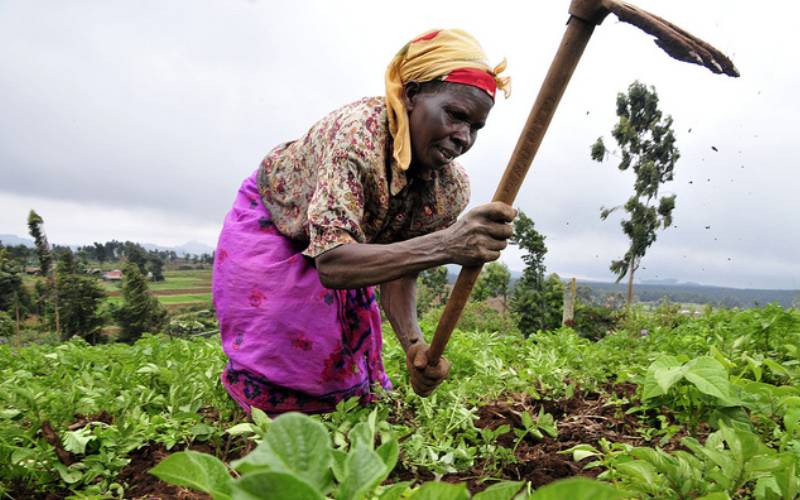×
The Standard e-Paper
Stay Informed, Even Offline

When farmers are able to feed their families, make money and lead a comfortable life, they sent their children to school.
Meaningful farming. It may be subsistence, but it should put enough food on the table for every household. That should be the rallying call by every Kenyan farmer as politicians seek their support for the August 9 General Election.